Oct. 15: How Vulnerable is our Infrastructure in a Changing Climate?
sdg11-sustainable-cities
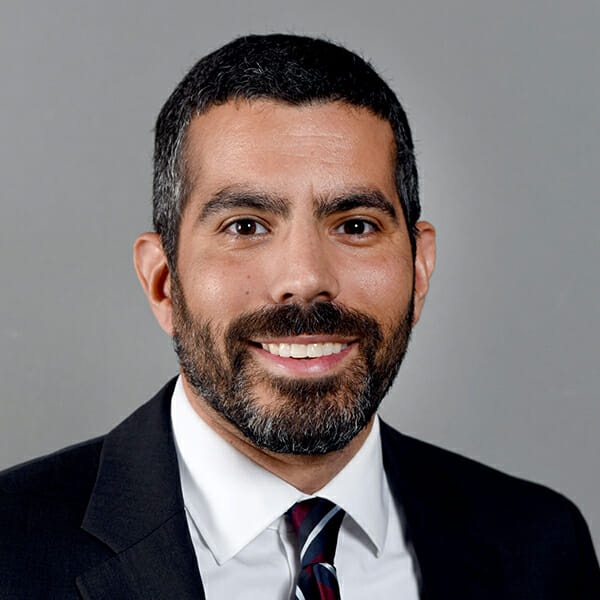
Oct. 15: How Vulnerable is our Infrastructure in a Changing Climate?
Join us via Zoom as sustainability scientist Mikhail Chester discusses the vulnerability of infrastructure to climate change and the challenges of designing systems for deep uncertainty. Sustainability scientist Margaret Garcia will moderate the audience Q & A following the presentation.
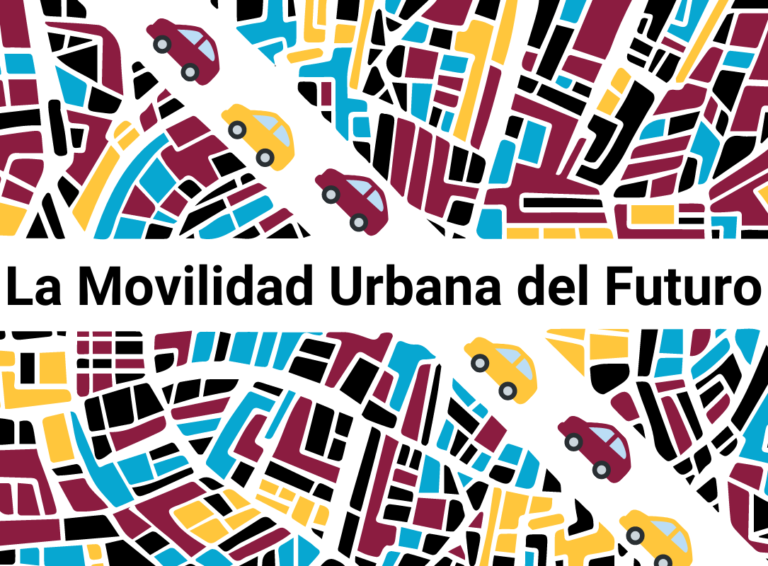
Binational discussion on urban mobility of the future
What has the pandemic taught us about the inequities cemented into our city streets and transit systems, and where do we go from here? On Sept. 22, join ASU and Instituto Mexicano para la Competitividad for a discussion of the future of urban mobility.

Broadbent, Georgescu explore humans’ exposure to future extreme temperatures
The researchers used state-of-the-art modeling tools to analyze how three key variables — climate change, urban development and population change — would affect human exposure to extreme temperatures from the beginning of this century to its end.
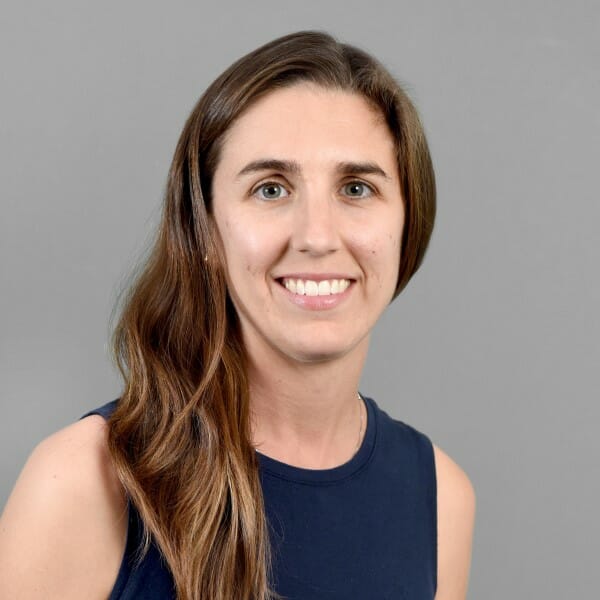
Affirmatively Furthering Fair Housing act important for socially diverse neighborhoods
Sustainability scientist Deirdre Pfeiffer explains the history of the AFFH, what she views as its strengths, her concerns about its repeal, and how local municipalities can continue making progress toward creating inclusionary and equitable neighborhoods despite the repeal.
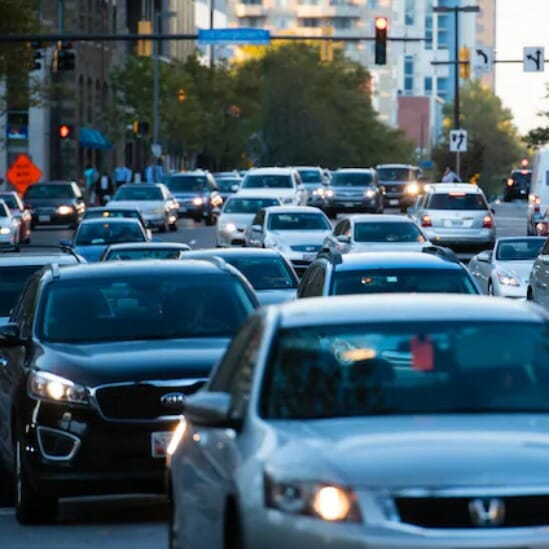
Chester comments on climate change and our already-taxed infrastructure
“We need to fundamentally reassess what our systems need to be able to deliver, and under what conditions,” said sustainability scientist Mikhail Chester in an August 8 article in the Washington Post.
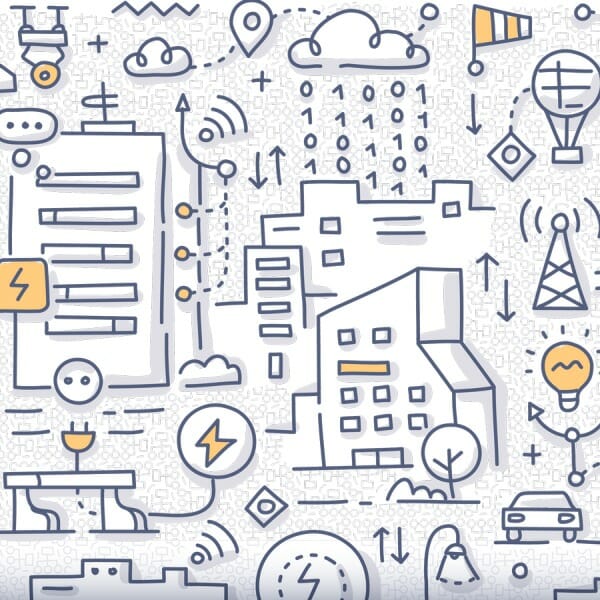
ASU, Zimin Foundation partner for future of urban tech
The new Zimin Institute for Smart and Sustainable Cities will help support applied research projects to drive a people-centric vision for the future of cities.
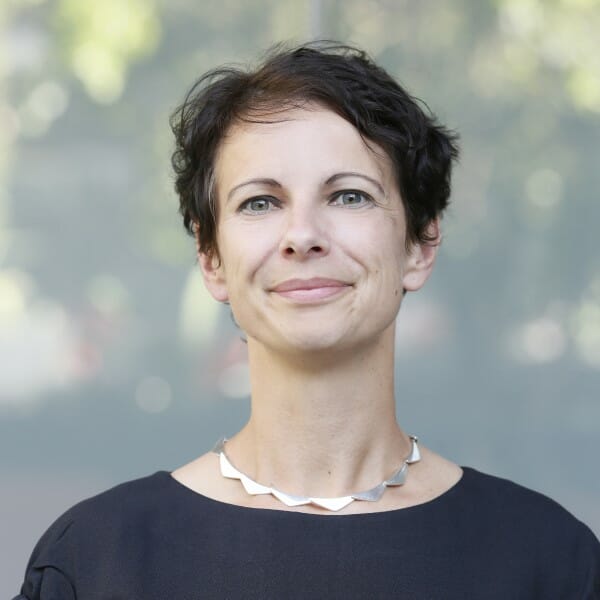
Bowman helping Phoenix become a top tech-driven “smart region.”
Although the work is inherently multifaceted and complex, The Connective’s overarching goal is simple: to work together in implementing technology to improve the quality of life for people living and working in the Greater Phoenix region.
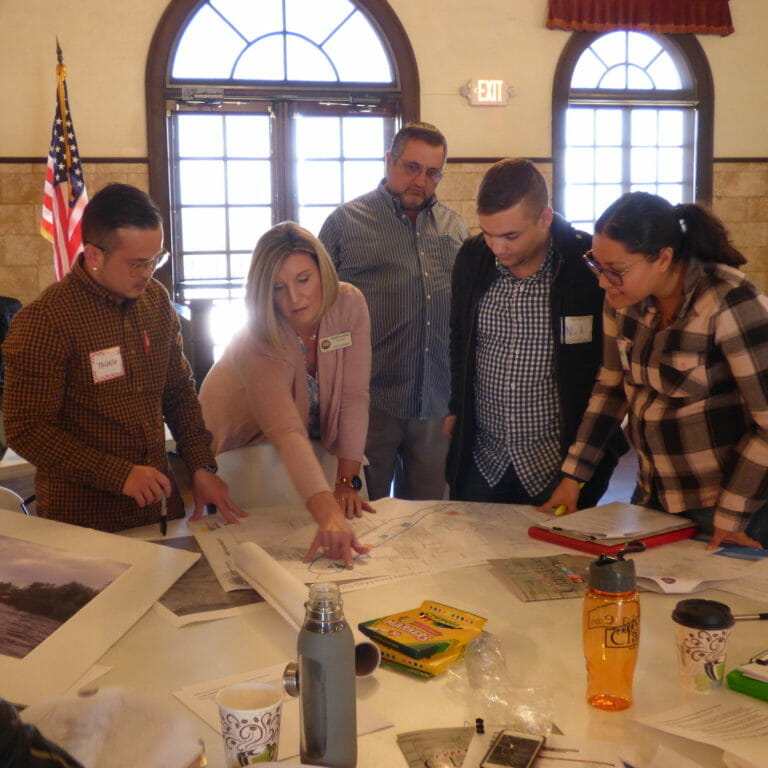
Call for projects: Project Cities seeks solutions-focused class projects
Bring project-based learning into your classroom with support from ASU Project Cities. This university-community partnership model offers ample opportunities for meaningful, applied research. This year’s city partners are Peoria and Clarkdale.
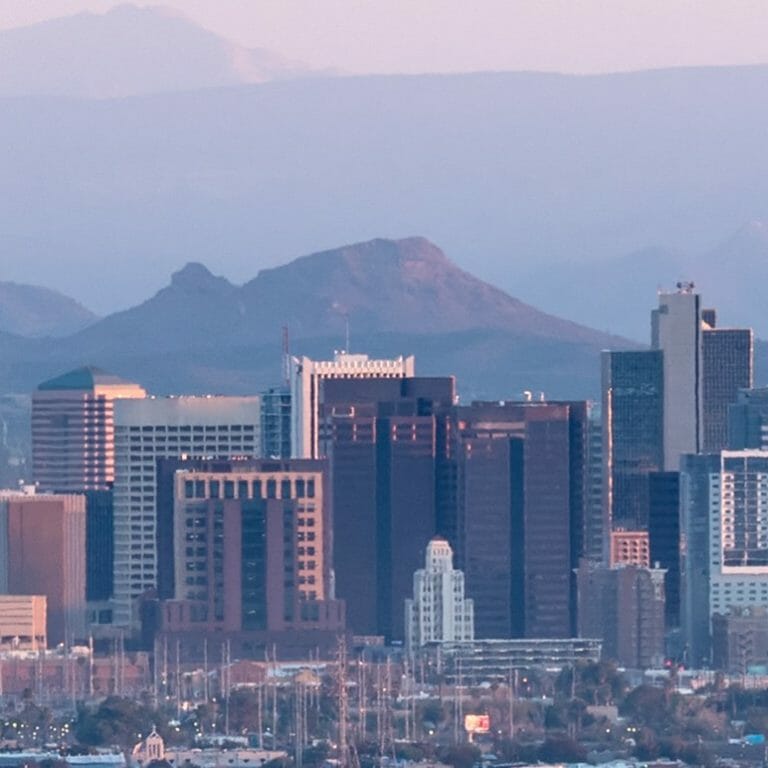
With the help of ASU, city of Phoenix developing solutions to cool down
Sustainability scientist David Hondula was interviewed by the Washington Post. The article details the intersection between heat and health, and explains why low-income communities are hit particularly hard by extreme heat.

Vanos, Middel say shade is a solution to scorching playgrounds
ASU urban climate researchers Jennifer Vanos and Ariane Middel study playgrounds in the Arizona heat. Their research provides insight into these spaces, as well as tips on keeping children safe in the heat.
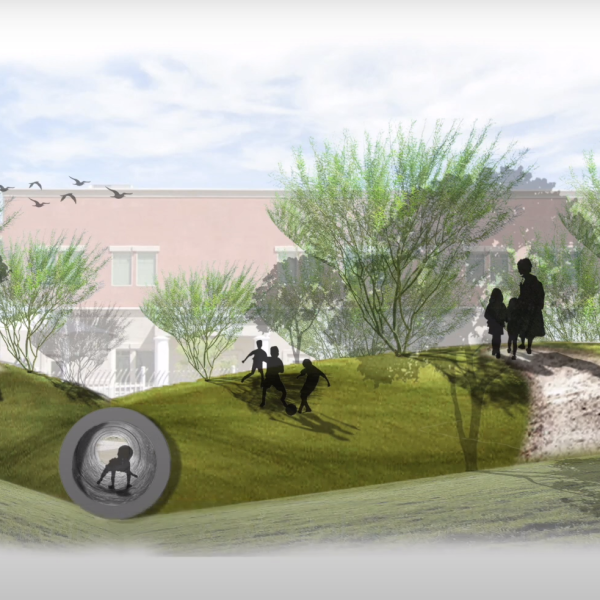
Cheng, team win EPA award for green infrastructure project
The team won the Campus Rainworks Challenge for their work with the K-8 Paideia Academy in south Phoenix to address environmental justice and equity in health and education through green infrastructure interventions.
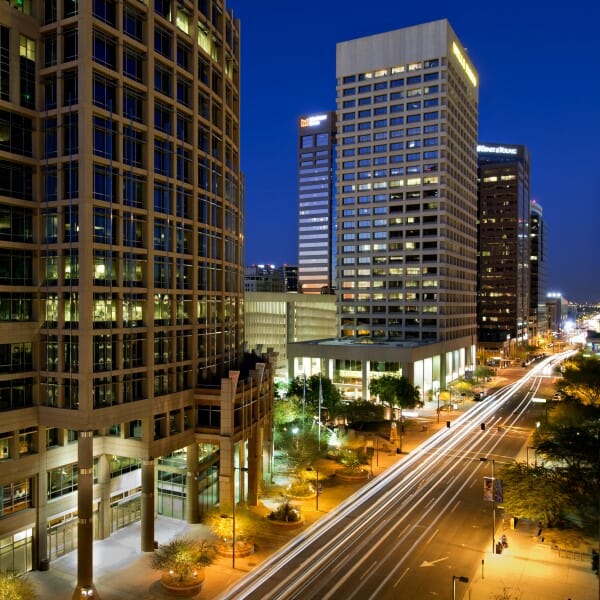
How will Americans commute after this?
Deborah Salon’s early results were shared, along with several other studies, in a May article published by CityLab entitled How Will Americans Commute After Lockdowns End?